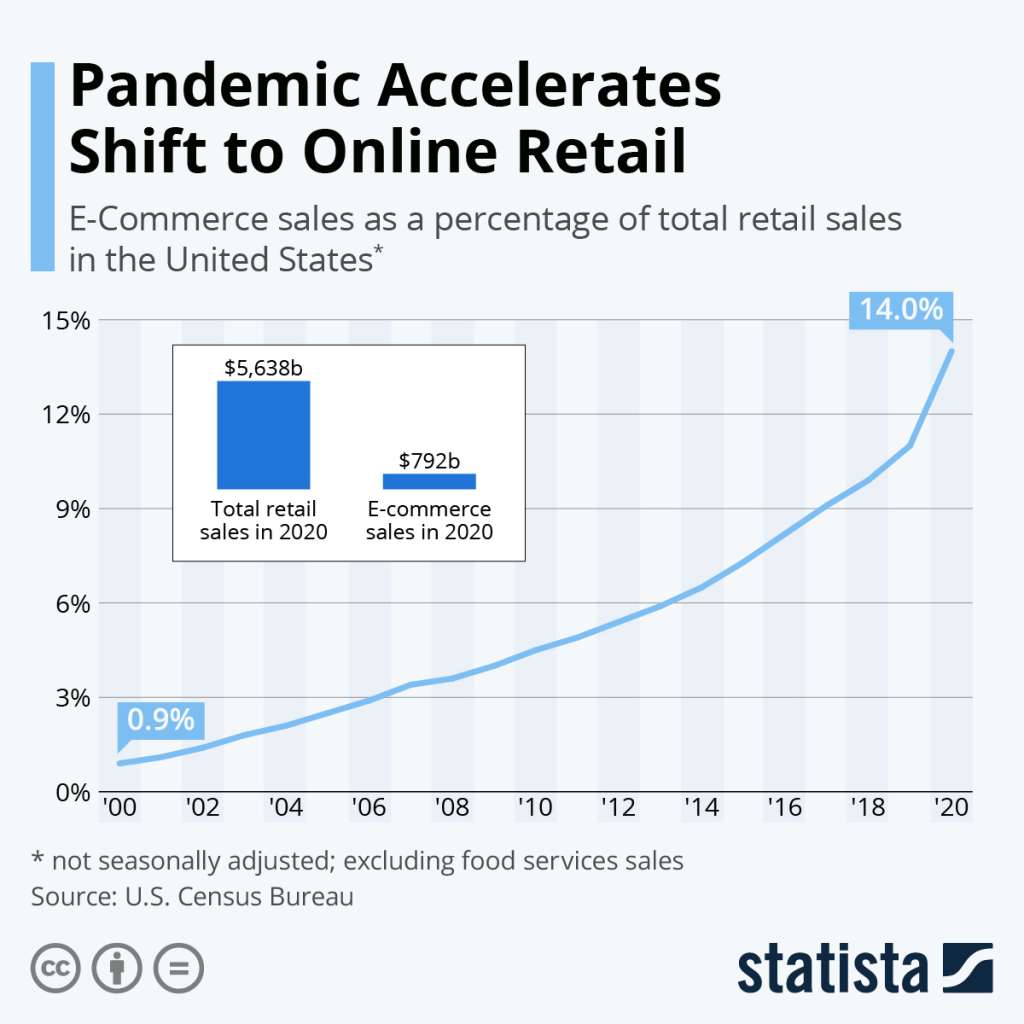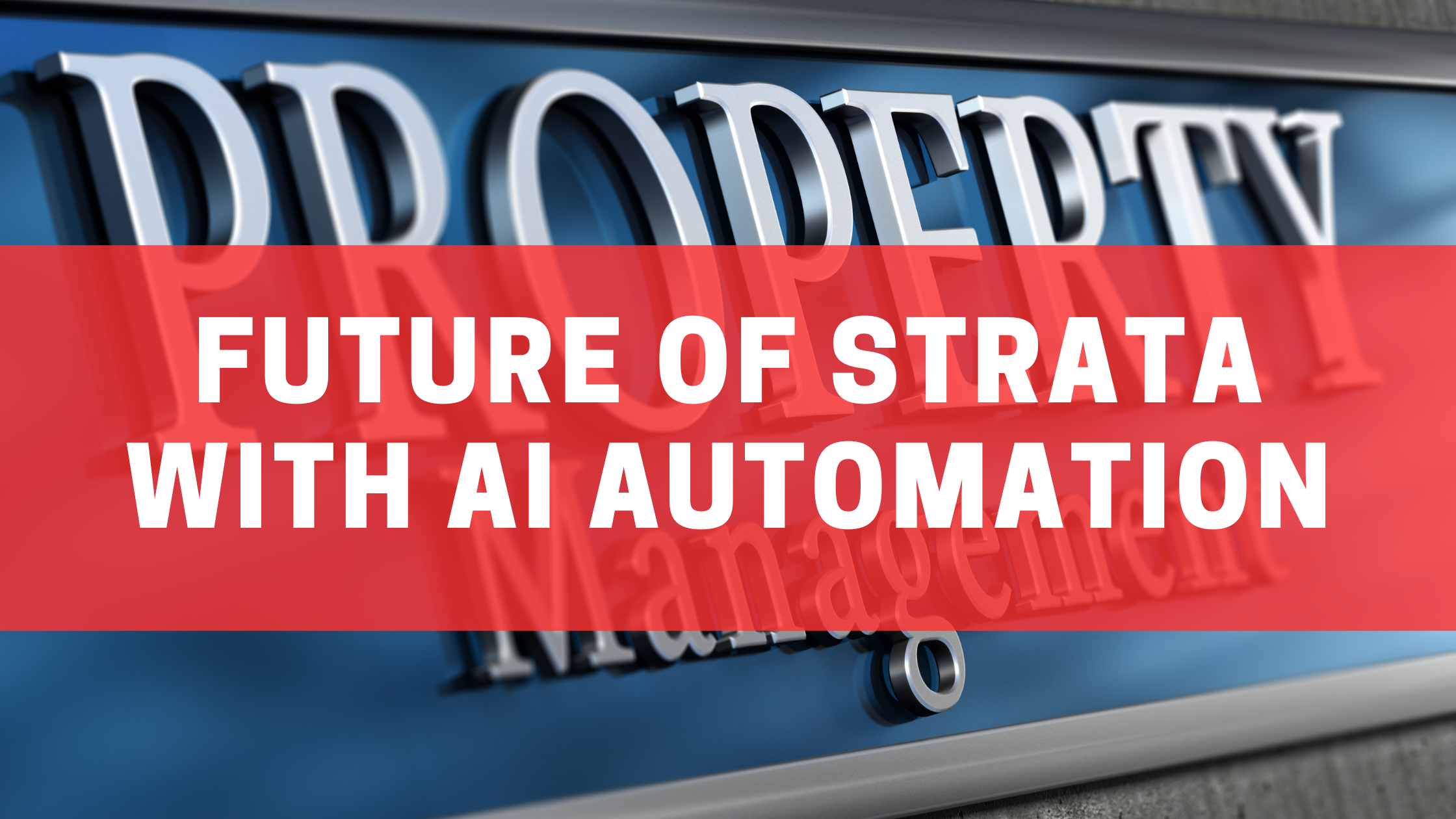The future of property management is being rewritten by the emergence of Artificial Intelligence (AI) agents, marking a departure from traditional practices towards a...
Like most things, the internet completely transformed the business world. Previously, if your business acquired a rack or a shop window at Macy’s or Barney’s, you were set to succeed. That’s because retail brands possessed a monopoly on their customers, the kind of marketing campaigns presented to their customers, as well a cut of the sales.
The internet gave way to a new era of digital marketing. Marketing became considerably more diverse, more creative, and easier. Businesses no longer felt the need to rely on middlemen such as retailers to push their products and services. Businesses began approaching their target consumers directly, with as little layers between them as possible.
This elimination of layers and selling directly to consumer is known as direct-to-consumer commerce.
Direct-to-Consumer (DTC, or D2C) and Business-to-Consumer (B2C) are often conflated as the same thing. This is a common error, we’ve been there! Here’s how they’re different.
Direct-to-Consumer vs Business-to-Consumer: What's the Difference?
Business-to-Consumer commerce typically goes from manufacturer to retailer to consumer. On the other hand, direct-to-consumer commerce goes from manufacturer directly to the consumer.
Let’s take a simple example; say you’re opening a baked goods business. If you purchase baked goods from a confectioner and resell them to your customers, you’re conducting business-to-consumer commerce. Alternatively, if you baked the goods yourself and sold them yourself, you’d be conducting direct-to-consumer commerce.
Direct-to-consumer gained even more traction due to the pandemic last year. If you’re asking “how?”, let’s take a look at some statistics.
How the Pandemic Worked in DTC’s Favor
Due to global lockdowns, brick-and-mortar stores had to temporarily or permanently close down. Businesses had to re-evaluate how effective their digital marketing strategies and online presences were when consumers began, more than ever, to turn to online channels for their needs.
Since shopping shifted online, the value of online transactions went up by 74%. As reported by sportswear giant Puma, direct-to-consumer sales grew by 60% last year. Online shopping channels became more than a commerce option, they became a priority that could require business owners’ full attention.
The DTC business model became a game-changer for countless brands during the pandemic. Shifting to online channels and establishing direct contact with consumers proved to be beneficial to their brands.
Brands began taking inspiration from DTC businesses and establishing their own online channels, doing away with resellers and retailers. Even brands that did not adopt the DTC model fully, adopted a hybrid model that still included some portion of their commerce happening DTC through online channels.

Source: Statista E-Commerce Report “Pandemic Accelerates Shift to Online Retail“
10 Benefits of the DTC Business Model
Let’s take a closer look at some key benefits of the Direct-to-Consumer models to businesses.
1. Boost Brand Reach
Direct-to-consumer commerce helps expand your brand reach. Since DTC has a broad scope of taking place online, brands are able to reach their customers at any time. And since you have complete control over your products, you also have complete control over your marketing campaigns for them.
Therefore, how you reach your customers and how often is completely in your control. The DTC model allows brands to boost their brand reach by eliminating buffers in the middle that can control your brand reach, handing the power back to manufacturers.
2. No Middlemen
The direct-to-consumer model does away with retailers and gives manufacturers full control of their goods, eliminating middlemen. This means as manufacturers of consumer goods, you no longer have to give a retailer a cut of your profits and revenue, nor control over how your brand is portrayed. This brings us to our next point.
3. Autonomy Over Brand Story and Messaging
Your brand story and your brand’s messaging are in your hands when you adopt the Direct-to-Consumer model. Unlike Business-to-Consumer, you don’t have to meet the requirements of specific retailers to sell your products. How you portray your brand, and what it conveys to your target audience is in your full control.
4. Understanding Consumers Better
Retailers don’t always give manufacturers the access to end-to-end data and analytics on their consumers. If you don’t have the necessary insights, you’ll likely be unable to improve your brand on your own terms. This makes brands reliant on retailers and resellers for consumer insights.
In the DTC model, you have access to market research and data that helps you improve your customer journeys and customer experiences, boosting conversions and ROIs. Plus, since you’re directly interacting with your consumers, you can get direct feedback from them on how you can streamline business processes and boost their experience.
5. Boost Customer Engagement
Since DTC allows you direct access to your consumer base, you can use this opportunity to boost customer engagement. Brands can no longer get by without engaging with their customers, customers look for brands that have ‘personalities’. Think of crowd favorite brands such as Denny’s or Wendy’s that regularly interact with their customers through online channels, further boosting their brand awareness.
6. Larger Product Assortment
Retailers typically only allow brands to sell a limited number of their products through their channels. This way, your consumers don’t get to see the full range of your product inventory all at once.
With the DTC model, you can showcase your entire range of goods without any limitations, boosting your chances of conversions.
7. Establish a Closer Relationship With Consumers
Since the DTC model lets you reach customers directly, you can use it to establish closer relationships with your consumers. You can get their direct feedback on your products, reaffirming to them that your brand is receptive and open to suggestions. And what customer doesn’t love that? This brings us to the next benefit.
8. Better Customer Experience
Getting direct feedback and acting upon it helps your brand curate a better customer experience. Your customer experience is instrumental to your brand’s success. According to a research conducted by Super Office CRM on 15,000 consumers, 1 out 3 of them reported leaving a brand after just one unfavorable experience with them. Needless to say, you need every piece of research and data you can get to make your customer experience as perfect as possible.
9. Omnichannel Customer Experience
Speaking of the perfect customer experience, you simply cannot have one in the digital age without making it an omnichannel customer experience. Your direct reach to your customers doesn’t have to be relegated to physical stores or an e-commerce store, you can broaden your market to multiple digital channels such as social media, ads, emails, direct mail, etc.
10. Discounts and Exclusive Offers
Retailers don’t always give brands under their umbrella the autonomy to have sales and discounts on products. In the direct-to-consumer model, you have full control over exclusive offers and sales.
If you’re complying with a hybrid model, you can direct customers to your independent e-commerce or physical stores by using exclusive offers, boosting independent revenue.
Final Takeaway
Therefore, if you are considering starting a direct-to-consumer channel, this is the greatest time in history to do so. To find out about the best practices and options available for your business, we recommend speaking to one of our consultants (click here to contact us). Or if you find this article helpful, click here to visit our blog to read more similar article from the topic.

About Author
Dasun Premadasa is the Founder and CEO of DASCX, the premiere B2B CX consulting firm for manufacturers in Australia. With over two decades of experience including four large CX and digital transformation programs at 4 different manufacturing and automotive firms in Australia, he's one of the best business technology experts for B2B customer experience.
Leave a Reply Cancel reply
Previous Story
What is CX – Customer Experience?
Related Posts
The realm of strata management is undergoing a significant transformation, with Artificial Intelligence (AI) at the helm, steering the industry towards unprecedented efficiency, cost-effectiveness,...
The strata management industry stands on the brink of a new era, propelled into the future by the advent of Artificial Intelligence (AI) automation....



